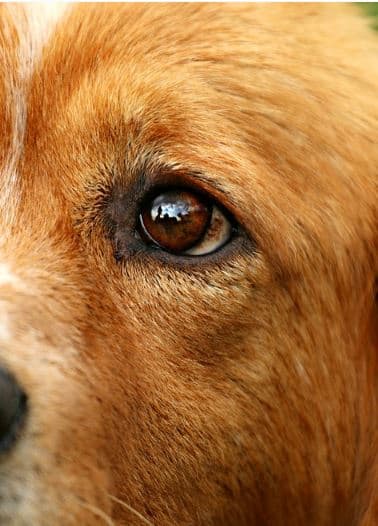

Provided their other eye offers normal vision, most dogs are quick to adapt to their changed circumstances and simply get on with life with a minimum of fuss. But aside from your pooch looking a little different, you probably won't notice any major changes in the way your dog behaves or goes about their business. There may be swelling and bruising for several days, and you'll need to offer assistance to your dog in the first days after surgery, but your veterinarian will advise you on everything you need to do to help your pet recover as quickly as possible.Īs an owner, you may well be worried about how your dog will cope with just one eye. The best news is that the procedure won't provide any sort of significant setback for your furry friend. The empty eye socket could be closed up completely, or there may be the option to have the ocular cavity filled with an orb if this is the preferred approach.

While there are other treatment options that can be explored before going under the knife, in long-term cases where the optic nerve has been damaged beyond repair, surgery to remove the eye is the best option.Įnucleation surgery is typically performed as a day-surgery procedure, although in some cases your pet will be required to stay overnight. It causes serious pain for dogs and can severely damage the optic nerve, eventually leading to blindness. However, the most common reason a dog will need to undergo enucleation surgery is glaucoma.


For example, if your pet is pawing at or scratching their eyes frequently, or whines or whimpers any time you make contact with any part of the face near the eyes, this could be cause for concern. For example, if your pet starts bumping into objects they would usually avoid without any trouble, this could be a sign that they're not seeing as clearly as they used to.īehavior that's out of the ordinary can also offer clues that may indicate eye problems. Signs and symptoms that there may be cause for concern include red, swollen or irritated eyes, noticeable opaqueness in the lenses, or any signs of vision loss. Generally speaking, most dog owners are pretty quick to pick up on doggy eye problems - considering the amount of time you spend gazing lovingly into those big, "puppy-dog" eyes, this is hardly a surprise. With this in mind, it's essential to pay careful attention to your dog's appearance and behavior for any signs that there may be something wrong with their peepers. There are several eye issues that can potentially lead to your dog needing to have an eye removed.


 0 kommentar(er)
0 kommentar(er)
